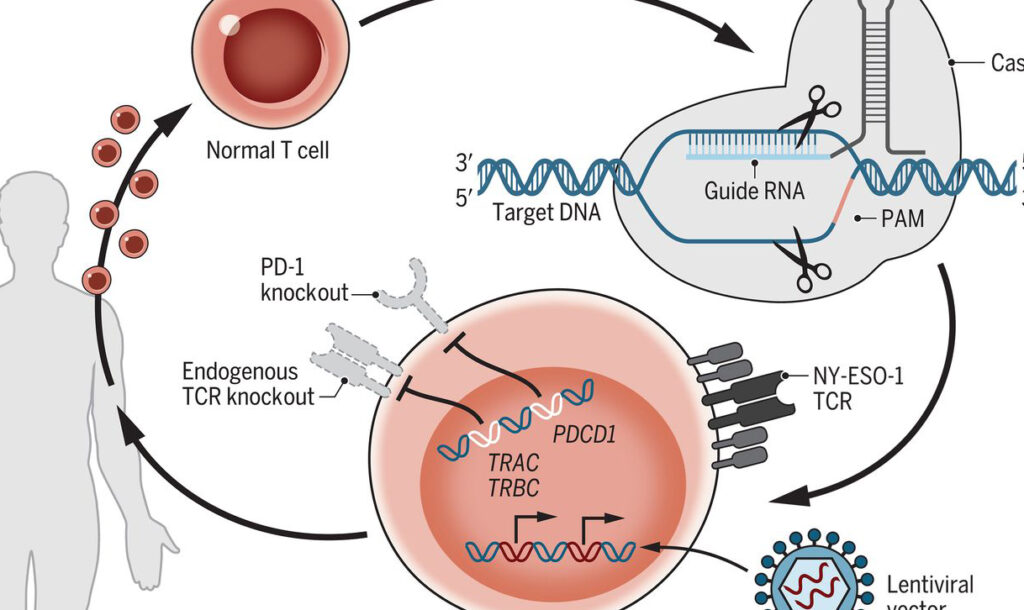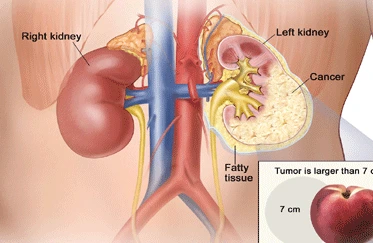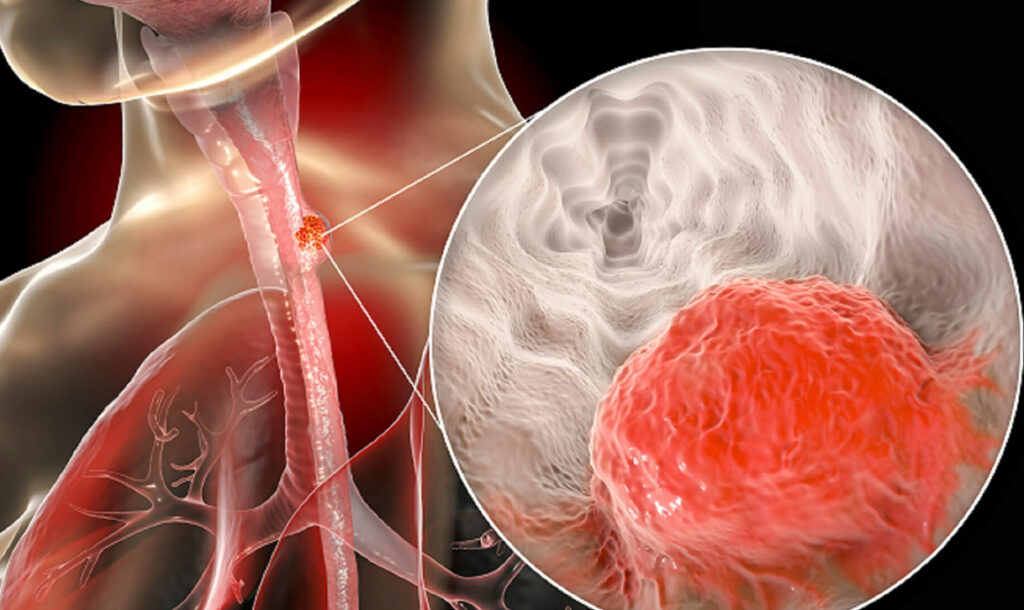In one of the biggest advances against leukaemia and other blood cancers in many years, doctors are reporting unprecedented success by using gene therapy to transform patients blood cells into soldiers that seek and destroy cancer.
In one of the biggest advances against leukaemia and other blood cancers in many years, doctors are reporting unprecedented success by using gene therapy to transform patients blood cells into soldiers that seek and destroy cancer. A few patients with one type of leukaemia were given this one-time, experimental therapy several years ago and some remain cancer free today. Now, at least six groups have treated more than 120 patients with many types of blood and bone marrow cancers, with stunning results.
Its really exciting, said Dr Janice Abkowitz, blood diseases chief at the University of Washington in Seattle and president of the American Society of Hematology. You can take a cell that belongs to a patient and engineer it to be an attack cell. In one study all five adults and 19 of 22 children with acute lymphocytic leukaemia, or ALL, had a complete remission, meaning no cancer found after treatment, although a few have relapsed since then.
These were gravely ill patients out of options. Some had tried multiple bone marrow transplants and up to 10 types of chemotherapy or other treatments. Cancer was so advanced in eight –year old Emily Whitehead of Philipsburg, Pennsylvania, that doctors said her major organs would fail within days. She was the first child given the gene therapy and shows no sign of cancer today, nearly two years later.
Doctors say this has the potential to become the first gene therapy approved in US and first for cancer worldwide. Only one gene therapy is approved in Europe for a rare metabolic disease. The treatment involves filtering patients blood to remove millions of white blood cells called T-cells, altering them in the lab to contain a gene that targets cancer, and returning then to patient in infusions over three days. What we are giving essentially is a living drug – permanently altered cells that multiply in the body into an army to fight cancer , said Dr David Porter, a University of Pennsylvania scientist who led the study.
Several drug and biotech companies are developing these therapies. Penn has patented its method and licensed it to Switzerland based Novartis AG. The company is building a research center on the Penn Campus in Philadelphia and plans a clinical trial next year that could lead to federal approval of the treatment as soon as 2016.
Talking with researchers, there is a sense of making history, a sense of doing something very unique, said Herve Hoppenot, president of Novartis Oncology, the division leading the work. The group has given $15 million to various researchers testing their approach. Nearly 49,000 new cases of leukaemia, 70,000 cases of non-Hodgkin lymphoma and 22,000 cases of myeloma are expected to be diagnosed in the US in 2013. Many patients are successfully treated with chemotherapy or bone marrow or stem cell transplants, but transplants are risky and donors can’t always be found. So far, gene therapy has been tried on people who were in danger of dying because other treatments had failed. The gene therapy must be made individually for each patient and lab costs now are about $ 25,000, without a profit margin. Thats still less then many drugs to treat these diseases and far less than a transplant.
The treatment can cause severe flu-like symptoms and other side effects, but doctors say these have been reversible and temporary. Penn doctors have treated the most cases – 59. Of the first 14 patients with CLL, four had partial ones and the rest did not respond. However, some partial responders continue to see their cancer shrink a year after treatment.  Penn doctors also treated 27 ALL patients. All five adults and 19 of the 2 children had complete remissions, an extraordinary high success rate, said Dr Stephan Grupp at the children’s Hospital of Philadelphia. Six have since relapsed, though, and doctors are pondering a second gene therapy treatment.
Doug Olson, 67, a scientist for a medical device maker, shows no sign of cancer since gene therapy is September 2010 for CLL he had had since 1996. Within one month he was in complete remission. That was just completely unexpected, said Porter, his doctor at Penn.




